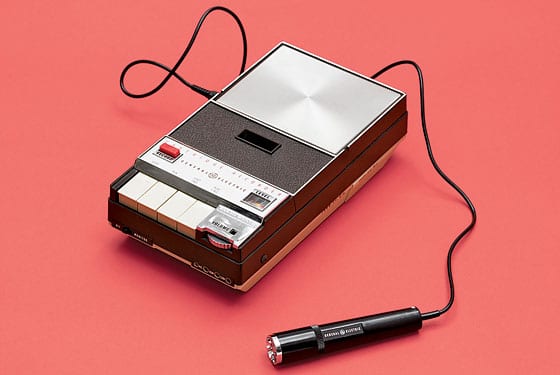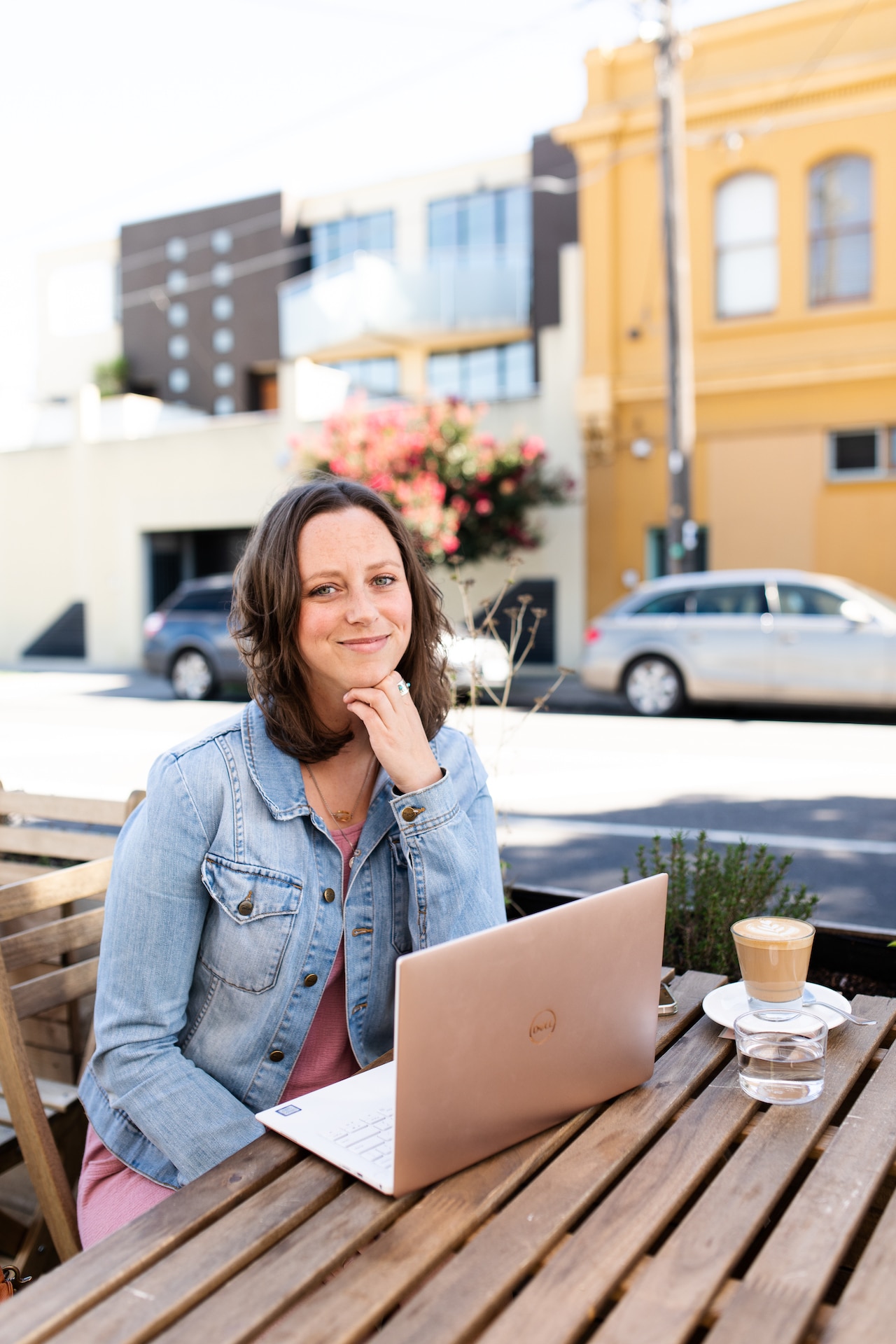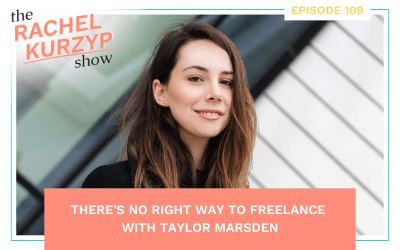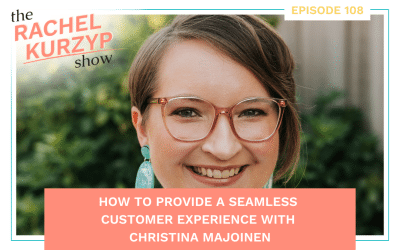Interviewing people is one of my favourite things to do as a writer. This week I’ve had the chance to interviewed a lot of amazing people. I hadn’t interviewed someone for months so it took me a while to get back into the swing of things.
Interviews are interesting because sometimes they only last 10 minutes but the work required before and after that 10 minutes is huge. And you can’t have an interview-do-over. You have one shot to get everything you need to write an amazing story. This is probably why I have a little freak out just before I do every interview. And then after when I have to listen to my voice as I play the interview back – do I really sound like that?
I want to help you avoid the pre-interview freak out. Plus, if you follow these tips you’ll be in a better position to write a killer article.
Here are my interview tips for newbie writers
- Research the subject thoroughly
This tip is kind of a no brainer, but you’ll be surprised how many newbie writers don’t take the time to research their interviewee. Research has become really easy thanks to the interwebs and social media. Before you form any opinions about your interviewee spend 1-2 hours finding out as much as you can. Read pieces they’ve written, and pieces written about them. Look at what topics they share on social media and who do they interact with. Find out where they grew up and went to school, what they do for a living and how they spend their free time. Once you’ve learnt all there is to know you’ll be better prepared to distinguish between facts and opinions, and spot interesting angles you want to explore.
- Determine a theme
An interview shouldn’t be a series of general questions and answers. After you’ve conducted your research decide what the tone you’ll take in the interview, and what you want to get out of it. The aim is to develop a narrative flow based on the questions you wish to ask. You should order your questions in a way that you build up to you most hard hitting question so you have time to build a rapport. For example: if you want to learn how your interviewee became homeless, start off with asking questions about their childhood or how important being active in their child’s life is to them.
- Prepare questions
When preparing your interview questions, start off by writing down every question you can think of. Then choose your best five or so depending on your time frame, and order them according to importance. It’s important to do this because your interview could be interrupted or the timeframe could be cut in half (it’s happened to me!). Also be prepared to be flexible and digress if the interviewee goes in an unexpected direction. I also like to ask a random unexpected question if I have time. It always gives me extra interesting insights into a person that I can use as padding in my piece.
- Ask questions only the interviewee can answer
Don’t waste your interviewee’s time by asking questions that can be answered through research. One it looks like you haven’t done any research, and two you’re going to waste your time on standard questions and leave yourself with no time to get to the interesting stuff.
- Show you’re engaged with your body language
Showing you’re interested in what the interviewee is saying requires more than sitting directly in front of them. While it’s ok to look down occasionally to write notes it’s important you maintain eye contact as much as possible. Also be mindful of your body language. Remain neutral – uncross your arms and don’t fidget! It’s also a good idea to avoid excessive nodding. Some people may see it as a sign that you’re wanting them to wind up their answers or you’re not interested in what they are saying. This is not the impression you want to give.
- Share a bit about yourself
If you want to defuse tension during an interview or build a rapport with the interviewee share something about yourself. I’ve found this tip to work really well for me. I naturally share stuff about myself all the time (especially on this blog), and I do so because I like to break down boundaries and stereotypes. We want to talk to people who are real. And you can’t expect someone to share deep and personal parts of themselves if you aren’t willing to do that yourself. That’s what I believe anyway.
- Choose your location wisely
Don’t pick the trendiest cafe in town and book an interview at 10am, Saturday morning. If you do this your interview will be in trouble. You need to choose a location that’s quiet and where you won’t be interrupted with a brunch menu every five minutes. The same advice applies for phone interviews. Go into an empty office or sit on your bed away from any distractions.
- Actively listen
Active listening is a hard to do. You’ll be tempted to half-listen and think ahead to your next question, but don’t do it. When you respond to the interviewee paraphrase what they’ve just said to show you’re listening and understand. People open up to you more when they know you’re listening to them.
- Convey empathy
When you interview someone who has experienced an emotional and traumatic event, use words that convey an empathetic understanding of those feelings. This doesn’t mean you pretend to understand what they’ve been through. However, if you’ve been through a similar experience, share this with the interviewee. You can convey empathy using phrases like: “That must have been very upsetting” or “That certainly sounds frustrating.” People can tell if you’re not being genuine, so don’t try to fake it to get better content.
- Avoid yes/no questions
This is a common mistake that writers make when they first start interviewing. You have to ask questions designed to solicit open-ended, reflective or explanatory answers. For example change: “Did seeing your wife on stage make you happy?” to “How did you feel seeing your wife on stage?” When you use open ended questions it allows the interviewee to interpret your question how they want. You’d be surprised where the conversation goes when you do this.
- Prompt a reaction
Sometimes it’s totally ok to ask specific things in hope that your subject will react. Like the other day I asked my interviewee what he was afraid of. His answer was GOLD. If I’d asked, “what were you feeling?” I might not have got such an insightful response. Using prompts can help jog people’s memories and stop them from speaking in generalities.
- Record the interview
While taking notes is still a must, I think you should also audio record every interview you do. This helps ensure you quote correctly and understand in what context things have been said. Because you can listen back on the interview as many times as you want. Always let the interviewee know you’re recording at the start of the interview. Explain it’s for transcription purposes. I’ve never had someone tell me that they are uncomfortable with is. It can also work as evidence if you’re ever asked to verify the interviewee did say what you said they did. The best way to record your interview is to get a voice recorder. Also pick up this microphone device. It allows you to record phone interviews directly into your voice recorder. It’s amazing!
- Follow-up
This is such an important tip to remember. At the end of every interview ask for the best way to get in touch if you have any follow-up questions. It’s hard to take everything in during an interview, and you may find when you’re playing it back that you missed a juicy detail, say the name of a past girlfriend, and if you had it you could take a completely different, and better angle. So don’t be afraid to ask follow-up questions.
Have I missed any important tips? Leave your tips below.
Featured image from Google.





